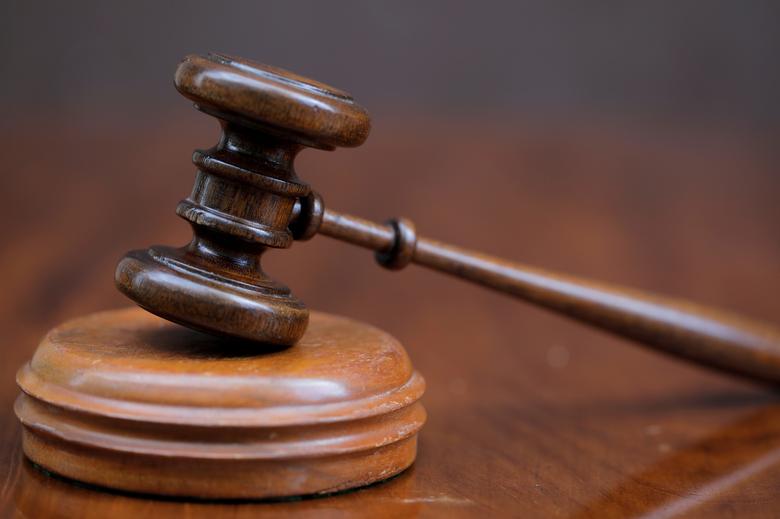According to officials, the attack was carried out by a "disorganised band of intoxicated men wielding knives and machetes," who were swiftly neutralised by security forces.
Gunfire erupted near the president's office, prompting the military to block surrounding streets in the capital. The government later confirmed that the situation was under control, describing it as a failed attempt to create instability in the Central African country.
Political Analyst Zoe McCain noted that the timing of the attack raises questions. “The timing is a consideration,” McCain said. “It had been thought that the exit of the French military from Chad could pose a security risk. Armed groups in the country might use this occasion to escalate attacks, and this could be an example of that.”
Chad has recently experienced heightened political insecurity following its transition period and the election of President Mahamat Déby. However, McCain pointed out that Déby’s strong command over the military and the neutralisation of key opposition threats have significantly reduced the likelihood of a coup.
“The killing of Déby’s cousin and opposition leader Yahya Della, along with the arrest of his allies earlier this year, effectively removed the most credible threat to the presidency,” McCain explained. “While there is still some risk, it’s not as significant as it has been in the past.”
With the withdrawal of French troops, Chad faces increased security responsibilities. McCain noted that while France is expected to continue some form of security cooperation, Chad must demonstrate its ability to handle threats independently. “The next few weeks will be critical for Chad to prove its security capabilities and not appear vulnerable without a French military presence,” McCain said.
--ChannelAfrica--













